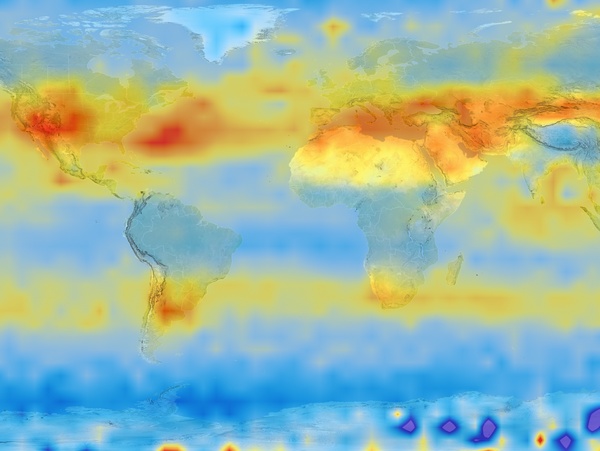Tackling climate change requires broad popular support and while most people think that it is a serious issue and want action, many policies for addressing it encounter strong public opposition.
New survey results from 6,000 people in Germany, Poland, Spain and Sweden show it's not because of the science, it is because they don't trust that politicians are listening to science rather than activists.
“This explains the particularly low support for fossil fuel or carbon taxes—a policy that many economists consider the most cost-effective climate policy of all, but which, paradoxically, is least popular with the public,” said Sociology Professor Malcolm Fairbrother.
The results in the Journal of Public Policy reveal clear differences in support. Energy efficiency requirements for cars and buildings and increased nature protection are relatively popular measures. Subsidies and bans get a more mixed reception. More environmental taxes are generally the least popular type of policy.

This is not a new issue. This NASA data from 2003 shows where carbon dioxide is being emitted or absorbed. Reds show sources; blues, absorption.
People are reluctant to pay a higher personal cost unless they trust politicians. Germany abandoned nuclear power to embrace solar, which actually meant greater reliance on Russian gas, and partial boycotts of Russia have led to 100% higher energy costs, which impacts poor people the most.
Efficiency standards don't involve direct political justification, it has a science basis, and people are more favorably inclined.
Citation: Fairbrother M, Johansson Sevä I, Kulin J. How do Europeans want to fight climate change? Comparing and explaining public support for a wide variety of policies. Journal of Public Policy. Published online 2025:1-25. doi:10.1017/S0143814X25100822